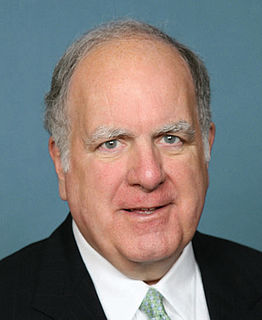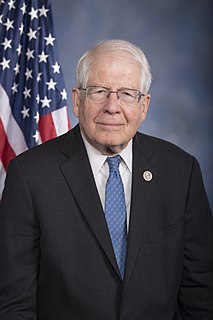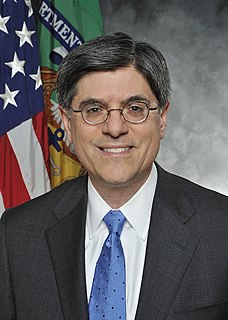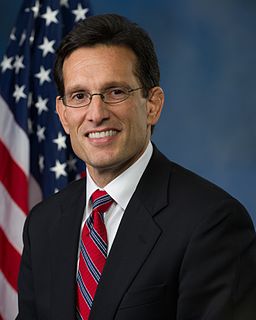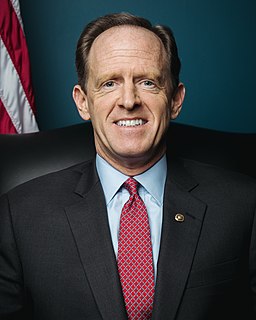A Quote by John Spratt
Domestic discretionary spending on education and health care and the environment has been growing at 2 to 3 percent a year. He says we have to rein it in, but he ignores the spending category that is the big spike in the budget.
Related Quotes
Does it sound outrageous to you that military spending for fiscal year 2000 will be almost $290 billion and all other domestic discretionary spending, such as education, job training, housing, Amtrak, medical research, environment, Head Start and many other worthwhile programs will total $246 billion, the biggest disparity in modern times ?
Is it just a coincidence that as the portion of our income spent on food has declined, spending on health care has soared? In 1960 Americans spent 17.5 percent of their income on food and 5.2 percent of national income on health care. Since then, those numbers have flipped: Spending on food has fallen to 9.9 percent, while spending on heath care has climbed to 16 percent of national income. I have to think that by spending a little more on healthier food we could reduce the amount we have to spend on heath care.
In the budget, the president will call for a five-year freeze on discretionary spending other than for national security. This will reduce the deficit by more than $400 billion over the next decade and bring this category of spending to the lowest share of our economy since Dwight Eisenhower was president.
The American people elected us here to cut spending so we can create an environment for jobs in America. The House has acted. We have demonstrated that we want to see spending, discretionary spending, brought down to levels of 2008. We've seen no counteraction. We have seen no position that has been expressed by the other side at all.
If the US Government was a family—they would be making $58,000 a year, spending $75,000 a year, & are $327,000 in credit card debt. They are currently proposing BIG spending cuts to reduce their spending to $72,000 a year. These are the actual proportions of the federal budget & debt, reduced to a level that we can understand.
Under the Barack Obama rules, if you wanted to help the military, if you wanted a pay raise for the soldiers, if you wanted to buy new airplanes and new ships and more munitions, a dollar for that, you had to have a dollar domestic spending. We just broke that parity. That's the biggest victory we could have had: $25 billion year over year for our military, to begin to rebuild our military, without that kind of corresponding increase in domestic discretionary spending.
And it was back in the mid-1980s, and as I point out in a piece, that was when we are spending about eight percent of our gross domestic product on health care. And even then, we had the impression that so much of the excessive, aggressive medical treatment that took place at the end of life was not only unnecessary but it was cruel.
My approach to cutting spending as president, is to do a ten percent across the board cut of all federal agencies, and then ask each of my new agency heads to find another ten percent by drilling down. That's what you do in business to come up with approximately 20 percent cuts for the first fiscal year budget.
